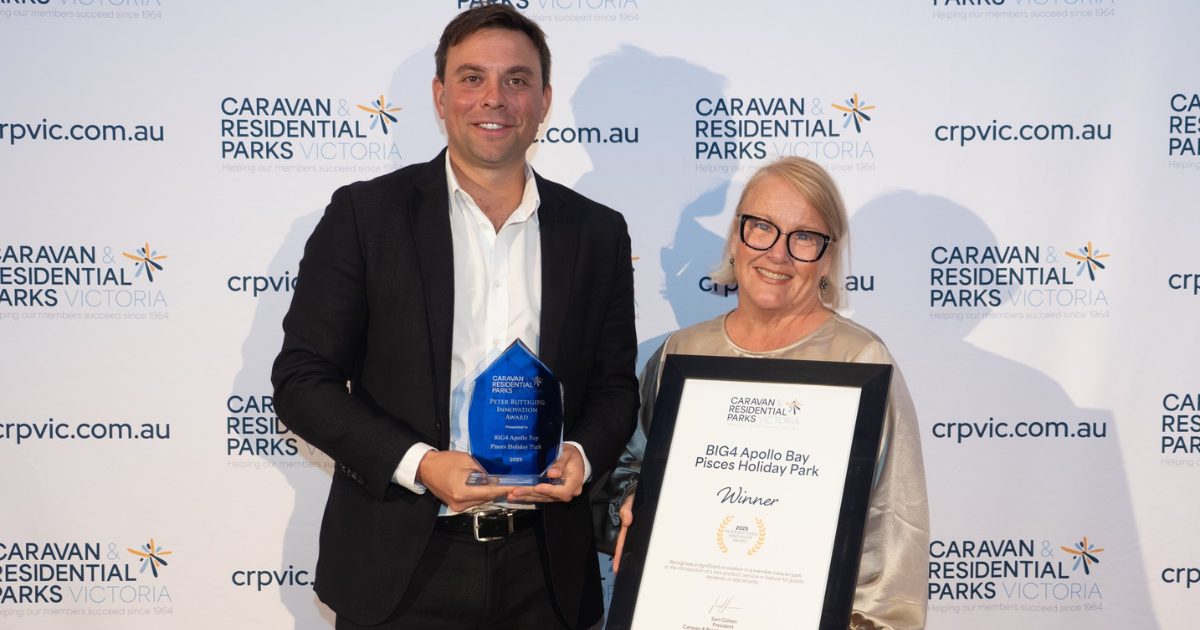Keeping children and the elderly safe online
THE recent increase of people using the internet has also seen an increase in the prevalence of hackers and online predators.
This makes it particularly important for people to be aware of how they can maintain their cyber safety, particularly who have less online experience, such as children and the elderly.
Deakin University’s director of the Centre for Cybersecurity Research and Innovation Damien Manuel said a major threat children now face is pedophiles trying to take advantage of them online.
He said it was crucial for parents to be aware of what their children were doing online.
“The parents really need to get active and involved. They need to understand what the kids are using, who they’re communicating with and have honest, and open conversations with the kids to let them know that there are people out there who pretend to children who are not necessarily children and have a serious conversation.
“This should not be to the point where you terrify the child about doing anything online, but just to raise the awareness that these kind of things can happen, and that’s why it’s important that mum and dad look at some of the emails and messages they’re sending to ensure they are appropriate.”
Mr Manuel said it was important these discussions were an open dialogue between parents and children, so the child did not feel as though they are being lectured or rebuked.
“Have it as a conversation. Don’t have it as ‘You’re naughty and you need to do the following’. It’s more of an equal footing around getting involved with the kids – who are they chatting with? How are their friends doing? What are they up to? Can they show you what they’re doing?
“Even sharing funny memes and things like that just so the kids feel like the parents are working with them rather than against them.”
“When you do see something, don’t be alarmist; you’re just going to negatively impact the child into not showing you things.”
Mr Manuel said the elderly and those who had to use computers more than usual were being targeted “quite aggressively” by scammers, but he offered some tips to help.
“If someone rings you up and says they need you to give them your date of birth to know who you are, or similar types of things, don’t trust that person who’s calling you.
“If they say they’re calling from a particular utility provider, get their name, get their employee number, go to the utility provider’s website, ring the general help number and then go through their normal help desk and ask to speak to that person to verify their identity.
“Scammers are looking to pretend that they’re a government service or a utility provider or something to basically fish credentials for banking accounts or to get them to hand over credit card details.”


















